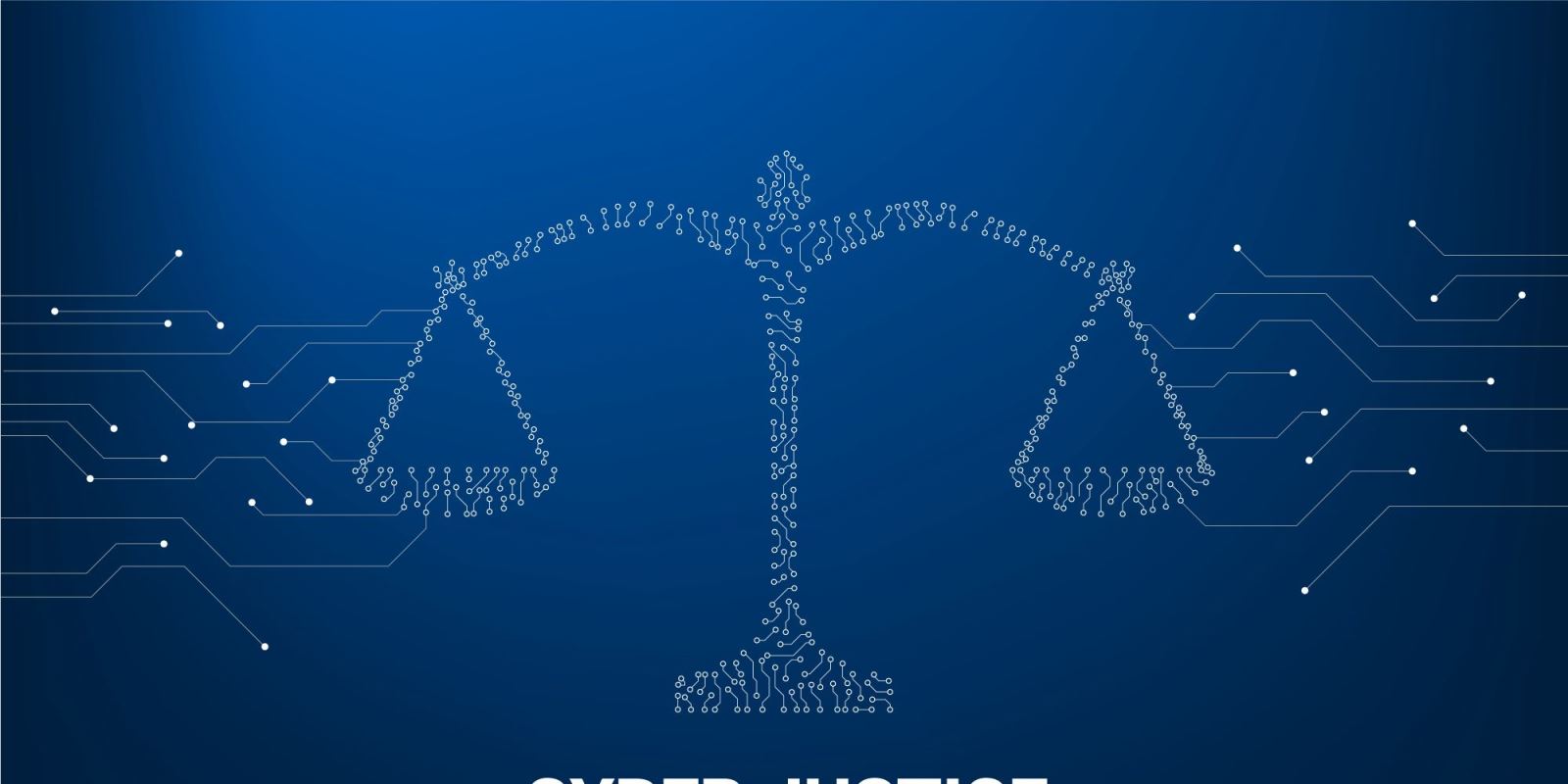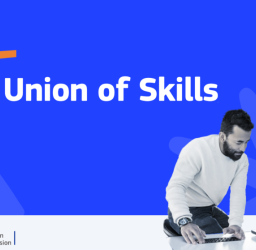Navigating the Future of the Legal Profession With Human-AI Collaboration

The rise of generative AI in the legal industry has led to considerable and meaningful debates. Will AI replace lawyers? Augment them? Hinder or broaden access to justice? While there are plenty of unanswered questions, my firm has a model that could be instructive for this field, and likely for other service industries as well.
The rise of generative AI in the legal industry has led to considerable and meaningful debates. Will AI replace lawyers? Augment them? Hinder or broaden access to justice? While there are plenty of unanswered questions, my firm has a model that could be instructive for this field, and likely for other service industries as well.
My firm, Marble, was founded in 2020 with the intention of making world-class legal services cost-effective and available to everyone. The legal system, unfortunately, is fraught with confusing and antiquated processes that slow down attorneys and frustrate clients. Outdated systems and technologies often consume attorneys’ time and divert them from what we want to be doing: serving our clients.
EXPLORE ALL TRAINING PROGRAMMES IN THE CYPRUS LEGAL SECTOR
We sought to modernize the delivery of legal services by using consumer-friendly technologies with an emphasis on transparency and empathy. In three years, we’ve served tens of thousands of clients, streamlining attorneys’ administrative work and, in turn, providing more clarity and support to our clients From inception, we’ve been all-in on using technology to maximize the amount of time our attorneys and co-counsels spend doing strategic, rather than “busy,” work. The advent of AI over the past year has further enabled us to make extraordinary progress on this front. Specifically, we have deployed cutting-edge technologies to automate clerical paperwork, billing systems, and other business affairs tasks— freeing up thousands of attorney hours for my colleagues to focus on their cases and clients.
As we see it, AI has the power to transform the legal profession with its capabilities for processing enormous amounts of data, identifying patterns, and offering continuous service availability. For us, AI has already been a partner in providing this elevated legal experience to clients.
Currently, the use of AI falls primarily into two categories: discovery and client relations.
Discovery consumes a sizable percentage of all billable hours—and is a very promising area for the application of AI. We use highly advanced e-discovery tools. If, as part of discovery, we need to go through ten thousand messages looking for something, it would be inefficient to do that manually in light of new technology—yet that is exactly what many law firms do. And they do so on their client’s dime. Whether it’s video, text, emails, PDFs, or audio files, AI is incredible at pattern recognition and following instructions, and hence AI has been a great tool in reducing the time and costs associated with legal discovery.
EXPLORE ALL TRAINING PROGRAMMES IN THE CYPRUS LEGAL SECTOR
On the client relations front, we recently launched a chatbot for our clients leveraging OpenAI’s (makers of ChatGPT) technology. At most law firms, “explaining” things to clients and giving them updates is time attorneys bill for. Clients always have questions: What are their attorneys working on? How much of their retainer has been burned through? What was the judge’s response to our request for an extension to file that document? The list goes on. Manually answering such questions takes research and time that lawyers usually bill their clients for. Marble Assistant, as we’re calling it, handles all of this at no additional cost—saving clients money, and freeing co-counsels who work with Marble to spend their time doing high-impact work.
As optimistic as we are about AI’s potential, we’re also well aware of its shortcomings. AI is not equipped to replace the empathy, ethical judgment, and problem-solving creativity of any experienced attorney. It’s not a platform for delegating decisions–and we don’t believe it will ever replace lawyers. Even as AI’s intelligence capabilities grow, we’ll still need humans to oversee AI operations, and identify biases and errors in outputs–AI has no obligation to honesty (and has been known to invent cases and legal statutes to illustrate points), so it’s critical that humans trained in the legal profession have their eyes on all of its outputs.
But in this rapidly evolving landscape, those who can effectively harness the power of AI stand to lead a profound transformation in legal practice. But, more importantly, as lawyers embrace this technology we’ll collectively broaden access to justice for all Americans. We’ll make all legal services higher quality and more affordable, and maybe, just maybe, we’ll eradicate some age-old stereotypes about lawyers.
EXPLORE ALL TRAINING PROGRAMMES IN THE CYPRUS LEGAL SECTOR
At the rate we’re going, as technology gradually takes over routine tasks, lawyers will be free to focus on higher-value functions; those that benefit from quintessentially human traits like creativity, communication, compassion, empathy and complex reasoning. This shift will not only make legal services more affordable, but will also fundamentally reshape the way lawyers understand and practice law.
The future of law lies in a balanced, collaborative approach that merges the best of human and artificial intelligence. Striking that balance requires a proactive strategy that leverages the benefits of AI and acknowledges the risks, while preserving the unique attributes that make legal work intrinsically human.
Jeffrey Pollakis the founder and principal attorney at Marble PC. Marble works with attorneys in 10 states and growing, and is on a mission to reinvent how “consumer law” is practiced, bringing transparent pricing, high-quality legal work and an AI-enabled client experience into the industry.
Share:
Διαβάστε Επίσης
Ευρωπαϊκή Ένωση χαράσσει μια φιλόδοξη στρατηγική για την ενίσχυση του ανθρώπινου κεφαλαίου της.
Διανύουμε μια επόχή στην οποοία οι νομικές υπηρεσίες γίνονται ολοένα και πιο εξειδικευμένες και απαιτητικές.
 Ελληνικά
Ελληνικά  English
English


